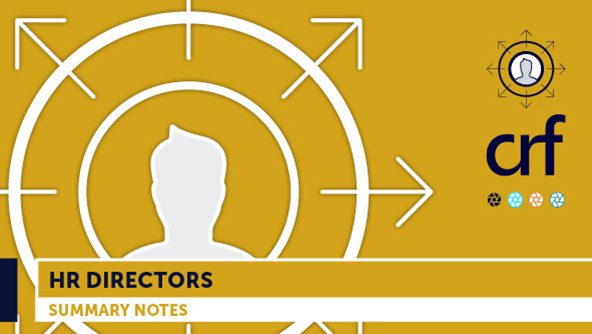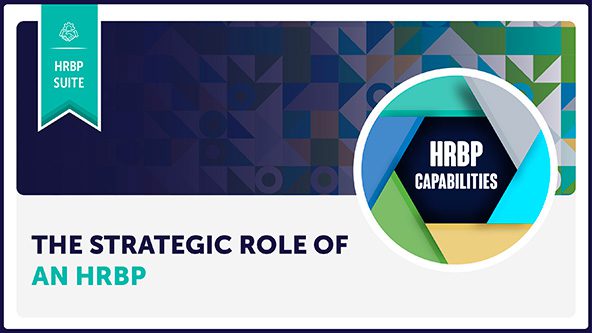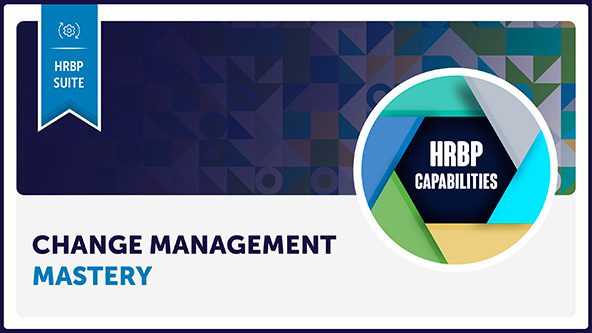Future of Work and People Strategy
Blog: “Any Political Scientist Likes A Good Counterfactual”: In Conversation with Amelia Hadfield
Molly Bolding, Research Executive at CRF, spoke to University of Surrey’s Amelia Hadfield to find out more about her background, her experience during Brexit, and what she’s currently reading.
Could you give a brief outline of your background?
“I’m a historian by training – my first two degrees from Canada from King’s College and Dalhousie University, looking at European and British contemporary history, which I enjoyed very much.
After that, I wanted to learn a bit more on the political science side of things. I had the opportunity to go to the University of Kent in Brussels, which is the first UK universities I attended. A full-time PhD, a flagship programme, and the fact that it was a British university in Brussels – for me, it was a match made in heaven. It allowed me to really wade into the waters of the European Union, which is just when the Euro is coming into fruition. So, it was really heady times in terms of sort of multilateralism, and I got really hooked.
So, I did another Masters in International Political Economy and International Law. That gave me a nice grounding in the global dynamics of security, peace, power, law and finance. Then I wanted to narrow it down to foreign policy. So, the PhD was very much looking at the effect of identities on national interest in foreign policy, which are still incredibly relevant now. I think sometimes we forget how prescient and how powerful national identities are. I specifically looked at Englishness, or Britishness, to demonstrate how a country and a nation are two different things, and then the foreign policy that they put together is different again.
After that, I started full time work at the University of Kent. I stayed there for five or six years, but I missed Brussels…and I went back in 2010 as an associate professor working [half and half] at the National Flemish University and for the Institute of European Studies.
I decided to go back to the UK and did five or six years at Canterbury Christ Church University, which did very little teaching on Europe and international relations and I really wanted to change that. Brexit took place at about that time, and I found that in addition to being an academic, I really enjoyed working with local government. So, I started producing impact assessment reports and working with students and stakeholders as well.
And in 2019, I got headhunted to the University of Surrey and it was difficult to say no to that. Surrey has an exceptionally strong political science department. It’s largely Europeanist, but it also has a focus on foreign policy and international relations. So, I find myself at home here and it’s a privilege to head the department. It’s a combination of an incredible amount of my admin and management, but also trying to make sure that you are steering the development of young academics and making sure that they guide the students themselves while flourishing as researchers.
In 2021, the vice chancellor asked me to step into the position of Dean International and that requires being across a responsible for anything remotely international that a university does, so this could be mobility, research, or supporting staff and students when they’re doing collaborative work with any of the universities that we engage with around the world.”
Brexit has been a dominant topic of conversation for a long time: as somebody who is explicitly working within the field of political science, working internationally, what was it like studying our connection to the rest of the world in the political context of us receding from it?
“It’s really tricky. In many ways, its bittersweet, because the disassociation itself is something I personally disagree with because I’ve seen the impact on higher education students already. [However,] it has produced a huge amount of work, which has probably refined my ability as an academic and as a scholar, and forced me to engage with other areas that would not normally have come up.
The concept of Britain as a third party – the idea of redrafting an entire foreign policy – that is a ‘once in a generation’ thing, and also the fact that no real contemporary state has ever disassociated from an organisation like that, with the possible exception of maybe France leaving NATO in the 1960s.
And beyond that, it’s writing Britain’s rulebook in terms of re-drafting its relationship with the European Union; recalibrating its ‘Global Britain’ role, if you like. And I think for a scholar, particularly in international relations, it’s really, really fascinating. It’s an area that is endlessly changing. Sometimes it’s desperately frustrating, especially when you’re trying to teach it because you have this perfect lecture, and then there’ll be breaking news on the Northern Ireland and you literally rip [your lecture notes] up as you walk into class and go, “Well, here’s the latest. [Everything I was going to say] is all obsolete.” And I think nothing really brought that home more materially than the invasion of Ukraine.”
What are you going to discuss in your session at the CRF Conference in October?
“I’ve been titled as ‘A Geopolitical Challenge’, because I want to give the audience a really succinct appraisal of all of the upheavals that have happened in the last year and the impact and consequences for foreign policy and business strategies.
I want to situate it in the ‘post-COVID era’, in that shift from pandemic to endemic, and I’d like to talk about ways in which the recovery means different things [to differently sized businesses]. The idea that companies large and small will approach it the same way I don’t think holds much water. Some have kept the readjustments [they made during COVID] and some have jettisoned them completely. So, there’s been a real evolution and revolution and I’m keen to kind of talk about that.
I’d also talk a little bit about the way in which we’re continuing to see real crushes and crushes on the global supply chain that’s not going to go away. For Britain, this has been worsened with Brexit as a result. I’d like to talk about a trend of onshoring key supply chains, about the global energy crisis and unit prices and the difference that we’re seeing between them and services.
Then I’d like to talk about supply and demand. Of course, that has been massively worsened by the war in Ukraine. I’m going to be studying energy security [this year] so by the time I come to talk about this in October, hopefully, my perspectives on Europe and energy security, volatility, food insecurity, and what I suspect will be widening asymmetries between states [and] between various producers, is really going to hit my senses.
[I will also briefly discuss NATO]: it’s chucking hardware and software left, right and centre, but it’s still very defensive at this point. So, I need to give a sense to the audience of what’s going to happen at towards the tail end of 2022 and [into] 2023.
To that, finally, we’re going to have a new British Prime Minister. [Britain] has actually done incredibly well, in terms of leadership in Europe, and vis á vis Ukraine, so I’d like to give the audience a sense of how a new prime minister might work. Being a mid-term prime minister is never easy. They can [either] be enormously ambitious in order to try to get re-elected, or they can just keep their heads down and hope that Labour doesn’t crush them. So, we’ll have to see which of the two buses they get on.”
What are you reading right now?
“It’s a book by Darren Acemoglu and James Robinson, it’s called ‘Why Nations Fail: The Origins of Power, Prosperity and Poverty”. I keep going back to this book, because it’s got a kind of a timeless quality in terms of what makes and breaks a nation state. I find it really helpful reading. I’m also reading ‘The Prime Ministers We Never Had: Success and Failure from Butler to Corbyn’, just because I always liked the hypothetical, the counterfactual; any political scientist likes a good counterfactual.”
UPCOMING CRF CONFERENCE:
Trading in the New
Business Landscape
Featuring Prof. Amelia Hadfield, University of Surrey, delivering The Geopolitical Challenge





